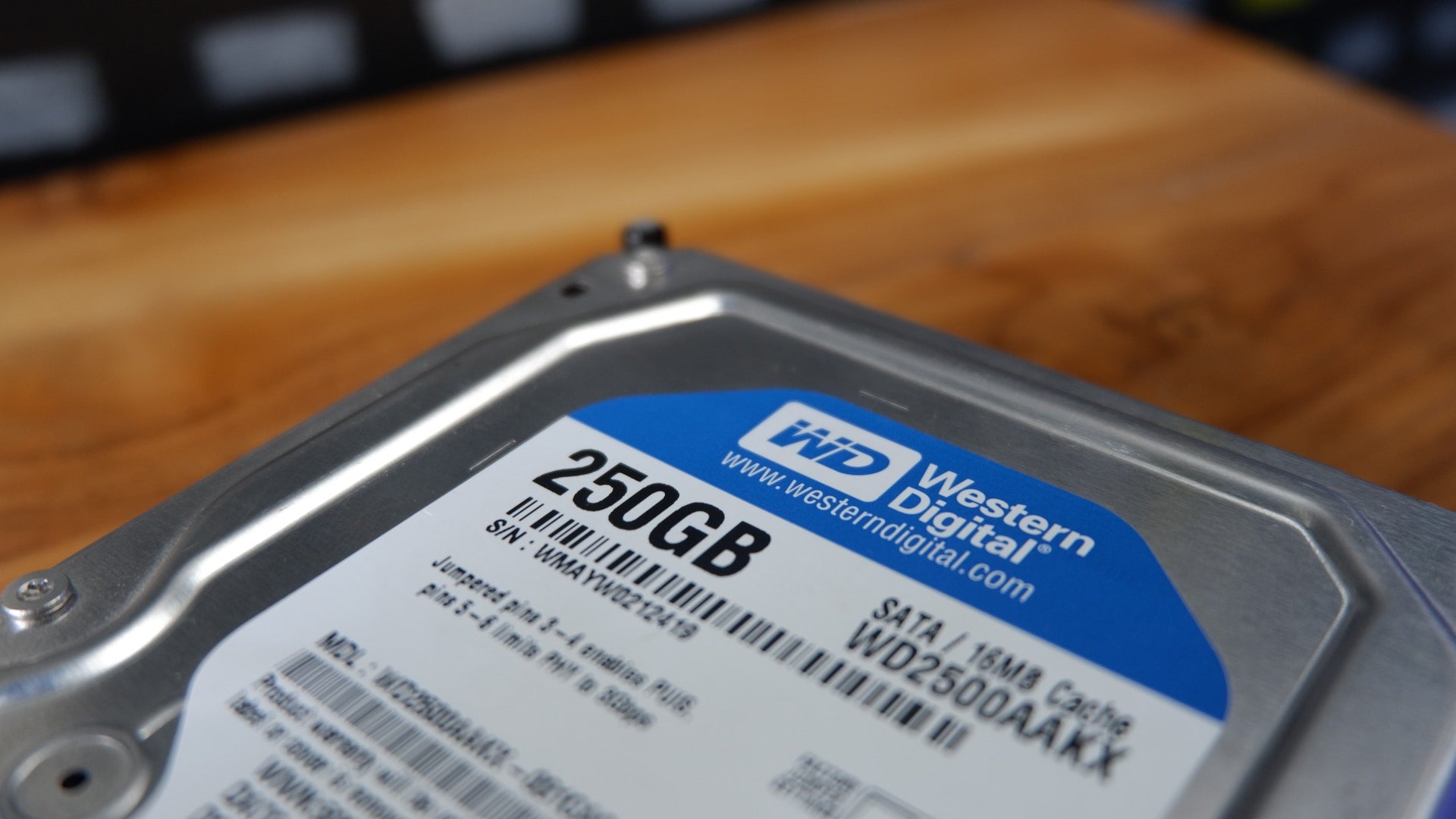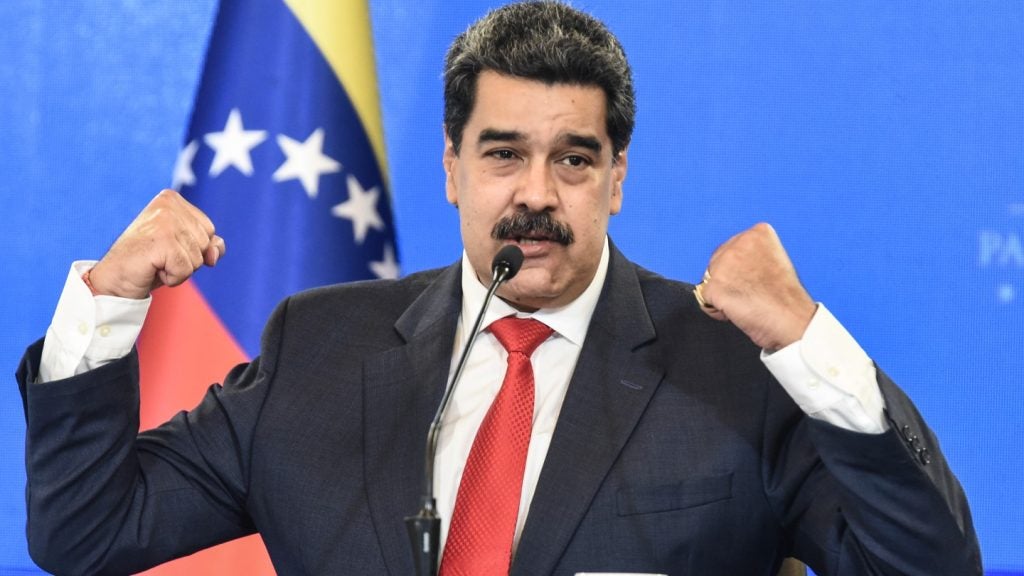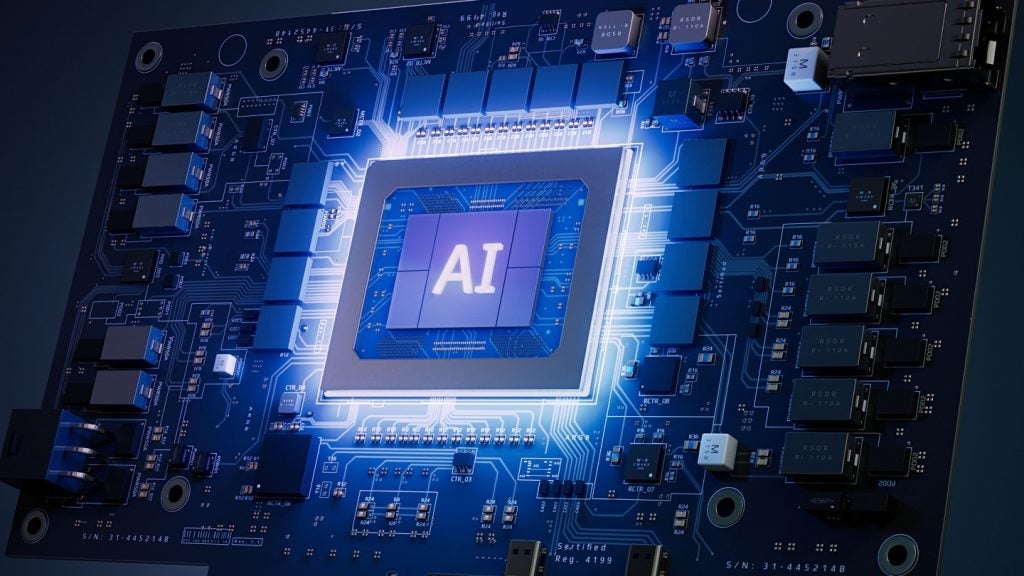
Japanese chip company Kioxia and US-based Western Digital are expected to reach an agreement on a merger as early as this month, reported Kyodo News, citing sources.
With completion, the deal is expected to create a top global producer of memory chips for smartphones and personal computers (PCs).
As part of the merger, the two companies aim to set up a holding company that will bring together their NAND flash memory chip production units.
Western Digital shareholders will own 50.1% of the new company and the remaining 49.9% stake will be held by Kioxia, according to Nikkei Asia.
Kioxia president Nobuo Hayasaka would serve as the president of the combined entity, with Kioxia representatives comprising much of the board.
Western Digital and Kioxia aim to list the new company, which would be registered in the US and have its head office in Japan, on both the Nasdaq and the Tokyo Stock Exchange.
How well do you really know your competitors?
Access the most comprehensive Company Profiles on the market, powered by GlobalData. Save hours of research. Gain competitive edge.

Thank you!
Your download email will arrive shortly
Not ready to buy yet? Download a free sample
We are confident about the unique quality of our Company Profiles. However, we want you to make the most beneficial decision for your business, so we offer a free sample that you can download by submitting the below form
By GlobalDataAs of March 2023, the combined market share of Kioxia and Western Digital for NAND memories stood at 35.4%, slightly more than South Korea’s Samsung Electronics, which controlled 34.3% market share.
NAND flash memory, as a long-term data storage solution, is used in a variety of areas such as PCs, data centres, smartphones, and others.
Western Digital and Kioxia also operate 50:50 joint production facilities in Japan’s Iwate and Mie areas.
According to the sources, Japan’s top banks, including MUFG Bank, and the government-owned Development Bank of Japan are considering providing up to about Y1.9tn ($12.7bn) in funds to accelerate the merger.
It is still not certain if overseas regulators, including those in China, will clear the merger.
Due to the tensions between Washington and Beijing, Chinese regulators have been using antitrust laws against deals involving US companies.
Furthermore, there are concerns that following the merger, it would be tough for Kioxia to cater to major customers in China due to US restrictions on semiconductor exports.
A Kioxia representative declined to comment on the development.





